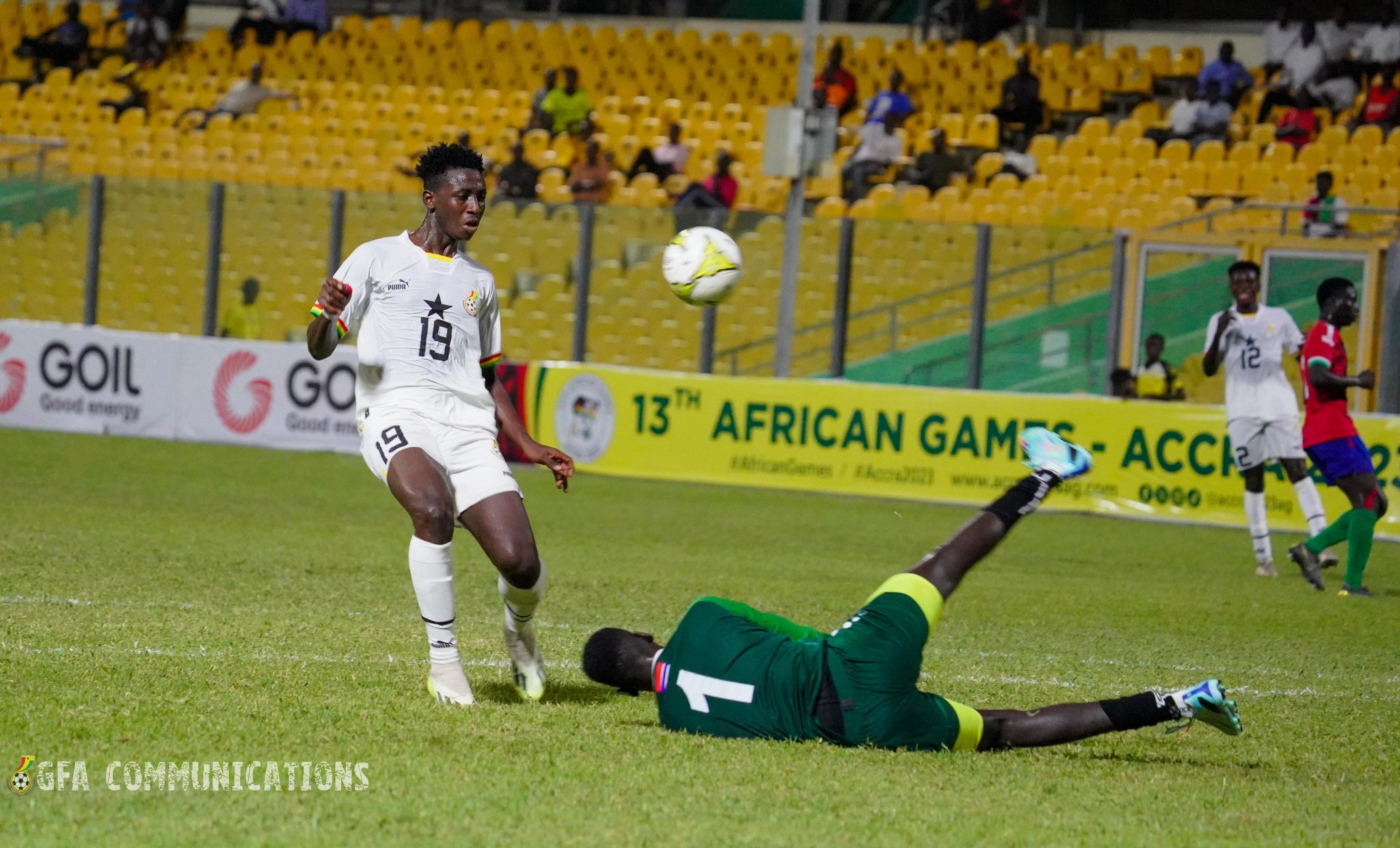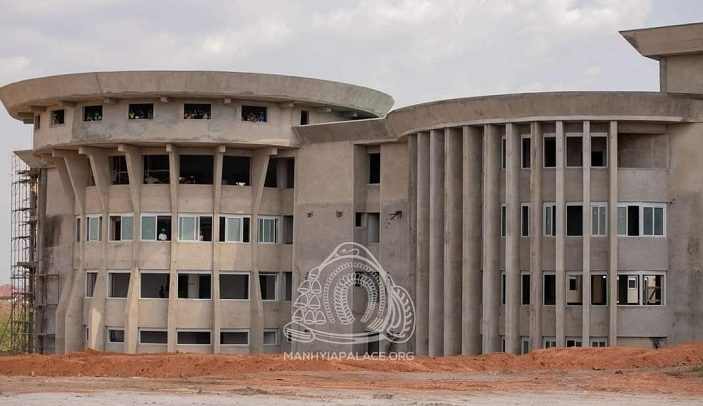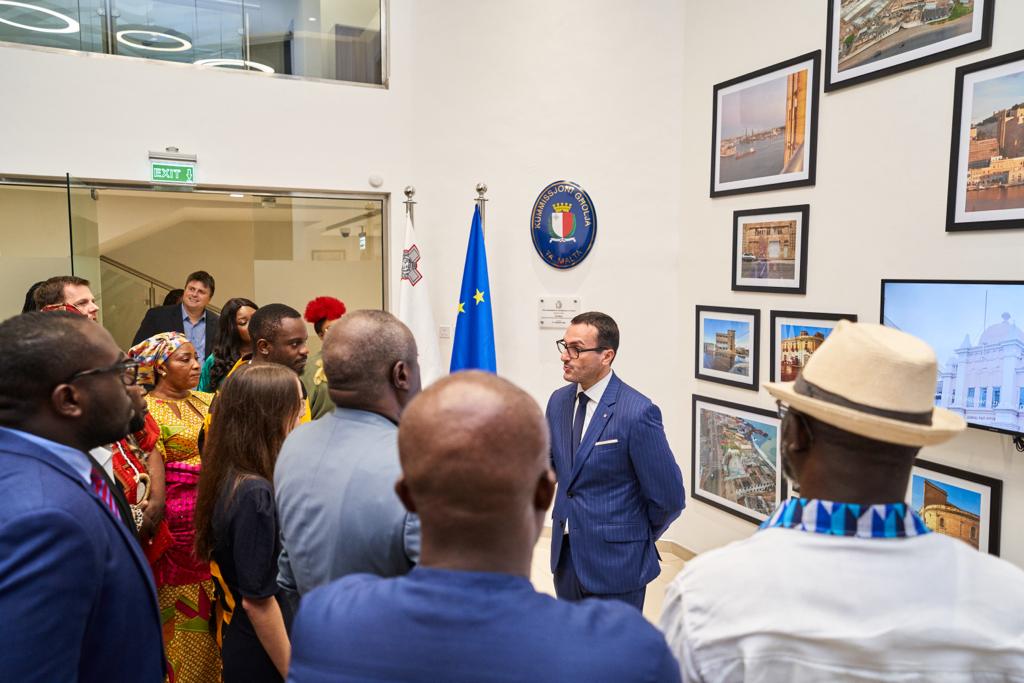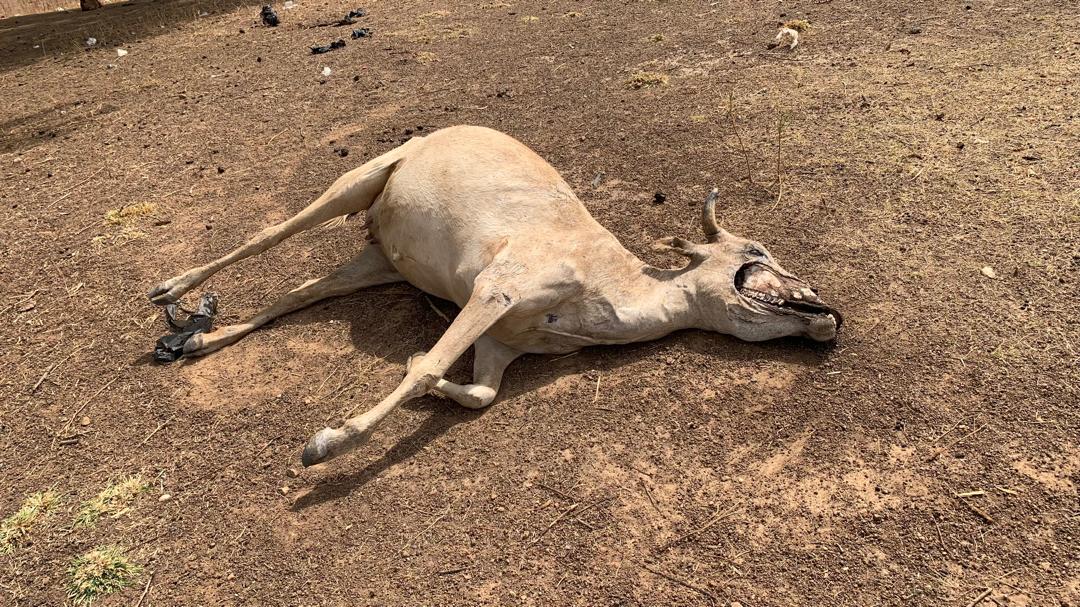
A high level stakeholders meeting is underway to review Ghana's efforts at reducing the malaria burden under the new "high burden to high impact (HBHI)" approach.
It followed new data from the World Health Organisation (WHO) World Malaria Report 2018, which identified Ghana as one of the 10 highest malaria-endemic countries in sub- Saharan Africa.
According to the report, progress in global malaria response had levelled off, accounting for a rise of the disease in some countries.
Thus, HBHI is a country-led approach supported by WHO, the Roll Back Malaria (RBM) Partnership to End Malaria and other partners to scale up prevention and treatment, increased investment, and protect vulnerable people from the deadly, yet, avoidable disease.
It is hinged on four main pillars; galvanising national and global political attention to reduce malaria deaths, driving impact through the strategic use of information, establishing best global guidance, initiating policies and strategies suitable for all malaria endemic countries and implementing a coordinated country response.
Delivering his remarks to open the three-day meeting in Accra yesterday, the Health Minister, Kwaku Agyeman-Manu noted that the reinforced approach to eradicating malaria was crucial to getting the country "back in its track in our efforts to defeat malaria."
Ghana's ranking on the recent World Malaria Report, the Minister observed, was very disturbing but was optimistic that the support of WHO and other global partners would help set the country on the right foot in tackling the disease.
"I understand that the HBHI approach is a targeted country-led malaria response with key mutually reinforcing response elements. I recognise the importance of it being country-led and country-owned and I believe this exercise will guide us as a nation to assess ourselves around the identified response elements," he stated.
Mr Agyeman-Manu further pledged the Ministry's support to outcomes arrived at in the course of the meeting to accelerate efforts at reducing the malaria prevalence in Ghana.
Dr Keziah Malm, Programmes Manager of the National Malaria Control Programme (NMCP) said Ghana was making steady strides through numerous interventions to minimise the malaria burden.
She however decried challenges including non-adherence to treatment, abuse of insecticide treated nets and long-lasting insecticidal nets, low preventive treatment (IPTp) uptake and dwindling donor support, among others which undermined efforts at tackling the disease.
Dr Malm said the country was taking a new approach in funding malaria interventions with the establishment of a Malaria Foundation by the end of the year to mobilise domestic funds to fight the disease.
"All countries that have seen improvement in fighting malaria is because the people took up the fight themselves, they owned it, supported it till the situation was improved and that is what we want to do in Ghana as well," she said, while appealing to all to put hands on deck.
Speaking on behalf of the Parliamentary Select Committee on Health, Dr Bernard Okoe Boye alluded to the fact that "malaria elimination is a worthy goal and can only be achieved with resilient national and regional collaboration, strengthened partnerships, unwavering political commitment and increased financing."
The meeting had in attendance participants drawn from academia, researchers, policy makers, regulatory agencies, civil society groups among others.
The WHO 2018 malaria report, named 10 countries in sub-Saharan Africa, including Ghana, as well as India, as accounting for the bulk malaria cases and deaths globally.
It identified other malaria-endemic countries in sub-Saharan Africa as Burkina Faso, Cameroun, Democratic Republic of Congo, Mali, Mozambique, Niger, Nigeria, Uganda and Tanzania.
Read Full Story
























Facebook
Twitter
Pinterest
Instagram
Google+
YouTube
LinkedIn
RSS